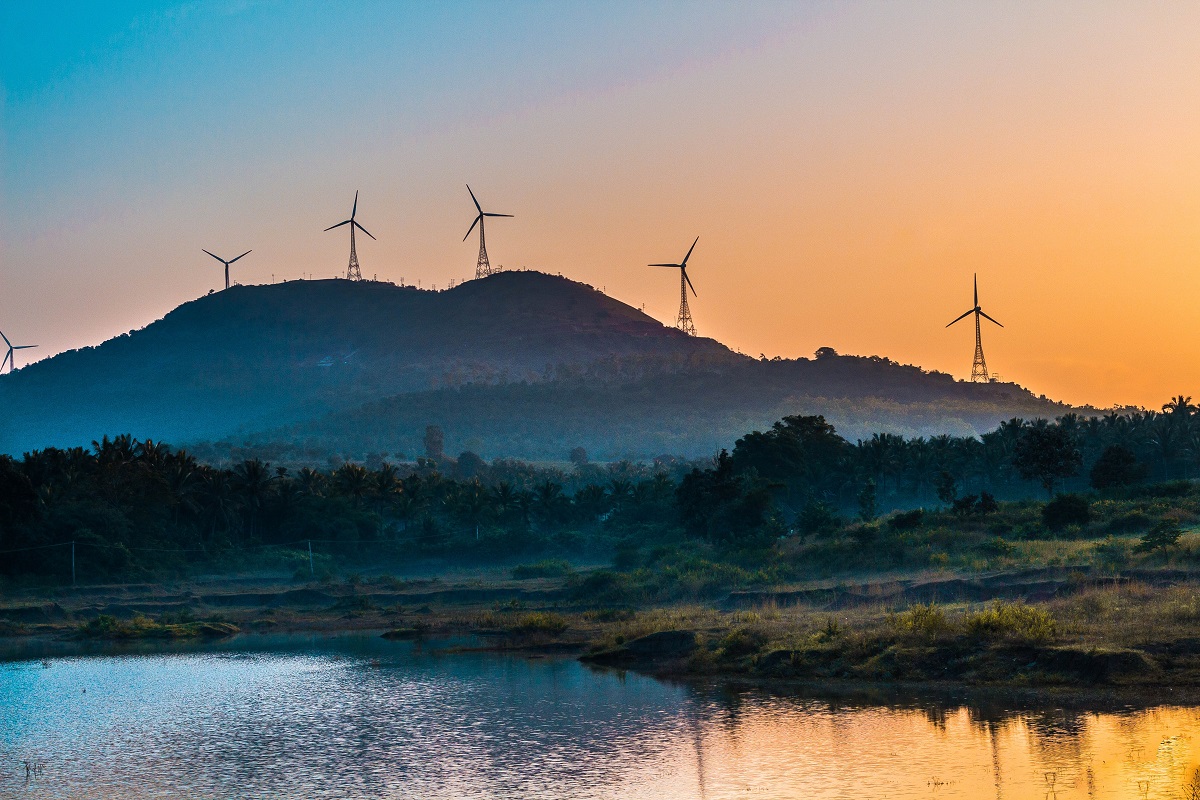Big changes in societies do not come easily. They need great mobilization, strong cooperation, and political will. But most of all, a lot of money is needed to ensure the realization of a change. Although this sounds theoretical, it is actually very practical. Namely, the world is facing huge changes, whether we like it or not. These changes or transitions are particularly visible in the energy and environment segments as two areas that are inextricably linked. The focus is on energy transition and environmental protection, but there is no doubt that this process will create a whole new world and make changes in all areas, including politics and finance.
It is more than clear that the energy transition and the reduction of CO2 emissions are a top priority of governments worldwide. International organizations also give great support to this process. The war in Ukraine and the high price of energy, which are projected to remain high for the next 3-4 years, are important factors putting pressure on the centers of power to accelerate this process. Statements in support of the energy transition are certainly not missing in the political jargon.
Nevertheless, that has not been enough, and the key to greater global success lies in greater cooperation and the pooling of forces in many areas. It is necessary from the aspect of creating an equal level of development of the energy transition or at least mitigating the large differences in the level of investment in renewable energy sources between certain countries and entire regions. Therefore, stronger cooperation and the creation of better preconditions for energy transition is necessary, primarily in improving energy infrastructure, regulation and tariff models, energy interconnection, and reducing investment risks.
This is exactly the goal of the initiatives for greater cooperation that are already yielding results and encouraging all stakeholders to contribute. The American Clean Power Association‘s Energy Transition for All initiative, which brings together more than 700 renewable energy companies in the United States, is committed to providing greater access to clean energy for all, but also to speeding up the energy transition process.
Through this process, the goal is to encourage greater economic growth, job creation, new investment opportunities, and encouragement of new innovations and technologies, through greater access to clean energy. Starting from the premise that help and cooperation are necessary, this association and its members create a series of programs to offer assistance to workers and the community. These programs enable greater involvement in the sector of renewable energy sources and the opportunity for retraining and acquisition of appropriate skills and meanings.
From the principle that the energy transition is impossible without close cooperation between the real and the public sector, establishes the United Nations initiative, was recently promoted. The purpose of this Action Plan by the thirty leading organizations that make up “UN-Energy” is to take a series of steps that will accelerate the energy transition, but will also provide clean energy for underdeveloped areas, as well as clean energy for cooking. Among other things, this Action Plan aims to connect governments that are seeking help and those who have pledged 600 million euros to achieve global goals. This plan is certainly a political response of the international community to the war in Ukraine and the economic consequences it caused. However, it is based on cooperation and the creation of a very broad coalition that will accelerate the energy transition.
The determination to realize this process as soon as possible is a good signal for investors. Such initiatives create a safer business climate, reduce risks, and open opportunities for establishing new investment models and cooperation.

